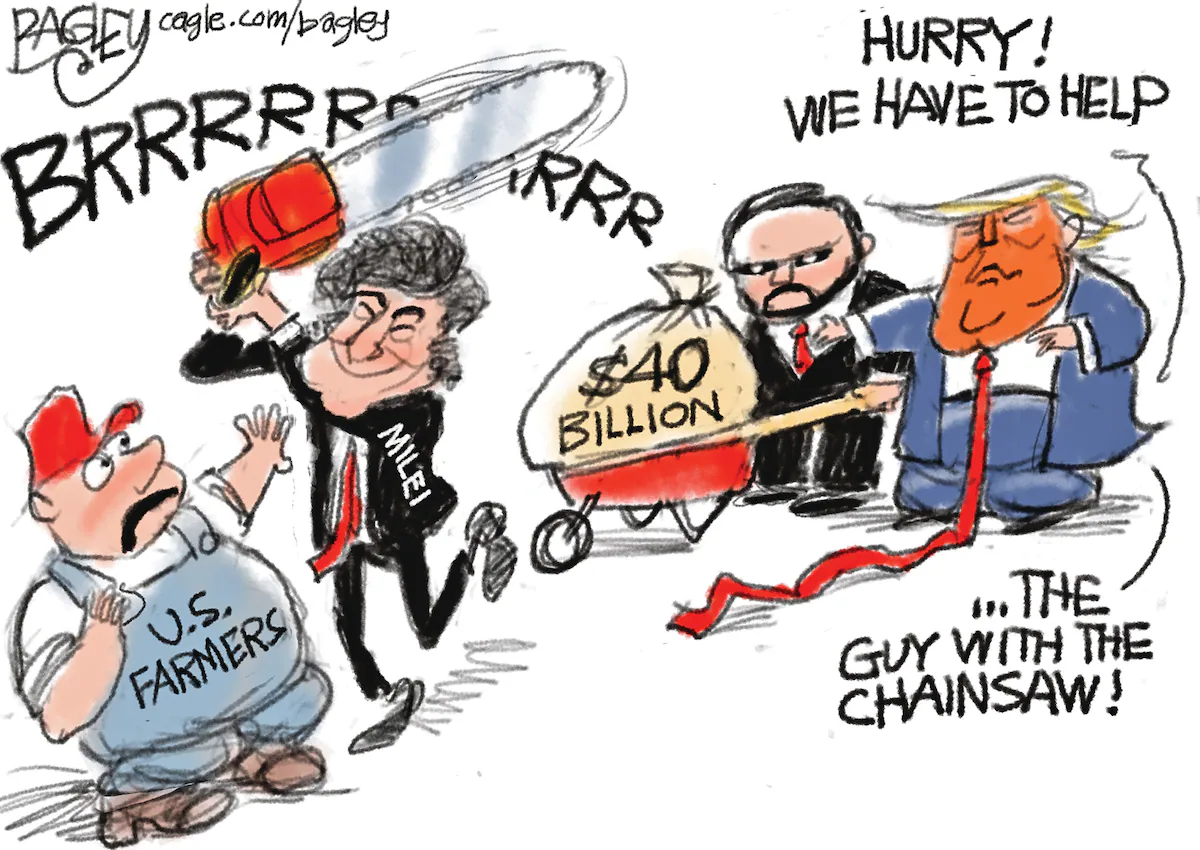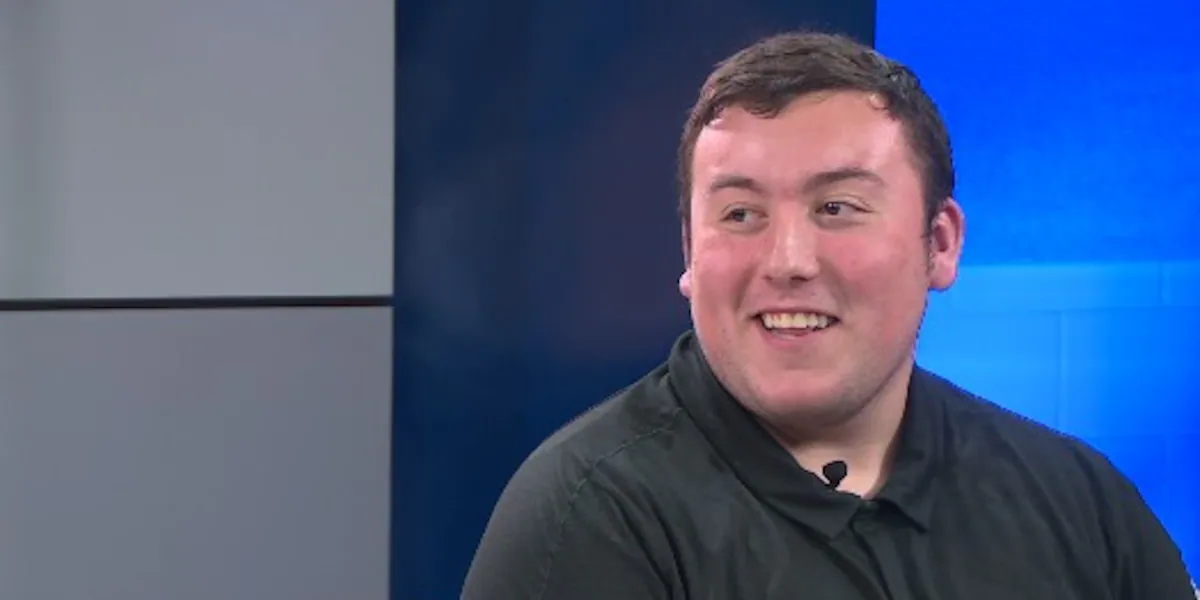Copyright CNBC

For years, I introduced myself as a toy designer. But over time, I realized I wasn't designing toys — I was designing conditions for play: spaces and systems that invite experimentation, improvisation, and joy. Eventually, my audience shifted. Companies like Google, Nike, and Disney began calling, asking me to bring my approach to leadership teams. The question I hear most often: "Do adults really need to play?" The answer is yes. Play may be the single most overlooked skill that sets leaders apart, and it is necessary in times of uncertainty. Play isn't a distraction — it is the foundation of success and connection We're taught that adulthood is about control and productivity. Yet I've seen play unlock creativity, resilience, and connection. Leaders who play shift from obsessing over outcomes to embracing curiosity. They reframe failure as exploration, and they discover that a playful team fuels success. For example, at the Performance Theatre in London, I challenged CEOs, philanthropists, and government officials to "create a way to live in a cloud." I gave them planks, wheels, and bolts with no instructions. I asked them to not build, but create. And this wasn't a presentation, either. This was an opportunity to tell a story. At first, the room was tense. People hesitated, unsure of how to play with something new without looking foolish. Five minutes in, jackets came off. Laughter erupted. Teams collaborated instead of competing. A "cloud mole machine" emerged. A flying robot came to life. By the end, participants were energized, open, and connected — not just to the task, but to each other. Give your yourself permission to play with 5 simple steps Play isn't just fun. It changes how we think, act, and lead. And you don't need a boardroom full of construction kits to start. Here are five ways to bring play into your life and leadership today: Revisit a childhood favorite. Think about games or activities you loved as a kid: building forts, drawing, exploring outside. Recreate a version of that today. The goal is to reconnect with your own unique curiosity and imagination. Try "object play" at your desk. Let yourself tinker with whatever is around. Fold up sticky notes, rebend the paperclips, find something (not someone!) to shoot a rubber band at. Spend five minutes tinkering without a goal. Making things with your hands will shift your brain into problem-solving mode and sparks creativity in ways staring at a screen never will. Practice "social play" in meetings. Start with a lighthearted icebreaker or ask your team to brainstorm deliberately "bad" ideas before getting serious. Lowering the stakes encourages experimentation and helps teams become invested in each other's ideas. Embrace locomotor play. Stand up, stretch, or walk around during a call. Try dancing or just hopping around between meetings. Movement resets your energy and often sparks new ideas. Make room for (mis)behavior. Play can look silly or unproductive — that's the point. Sketch ridiculous inventions, stage a mini talent show, or build something with whatever's at hand. The goal isn't perfection; it's exploration. The science backs this up. Highly creative professionals often approach work playfully. If you want to lead well during uncertain times, innovate boldly, live fully, bring play back. Success isn't just metrics. It's how alive you feel while building, making, solving, and connecting. Cas Holman is the author of "Playful: How Play Shifts Our Thinking, Inspires Connection, and Sparks Creativity." As the founder and chief designer of the toy company Heroes Will Rise and a former Professor of Industrial Design at RISD, Cas travels the globe speaking about early education, the design process, and the value of play in all aspects of life. She has shared her perspective in workshops and seminars with teams at Google, Nike, LEGO Foundation, Disney Imagineering, and more. Want to level up your AI skills? Sign up for Smarter by CNBC Make It's new online course, How To Use AI To Communicate Better At Work. Get specific prompts to optimize emails, memos and presentations for tone, context and audience. Sign up today with coupon code EARLYBIRD for an introductory discount of 20% off. Offer valid October 21 through October 28, 2025.



